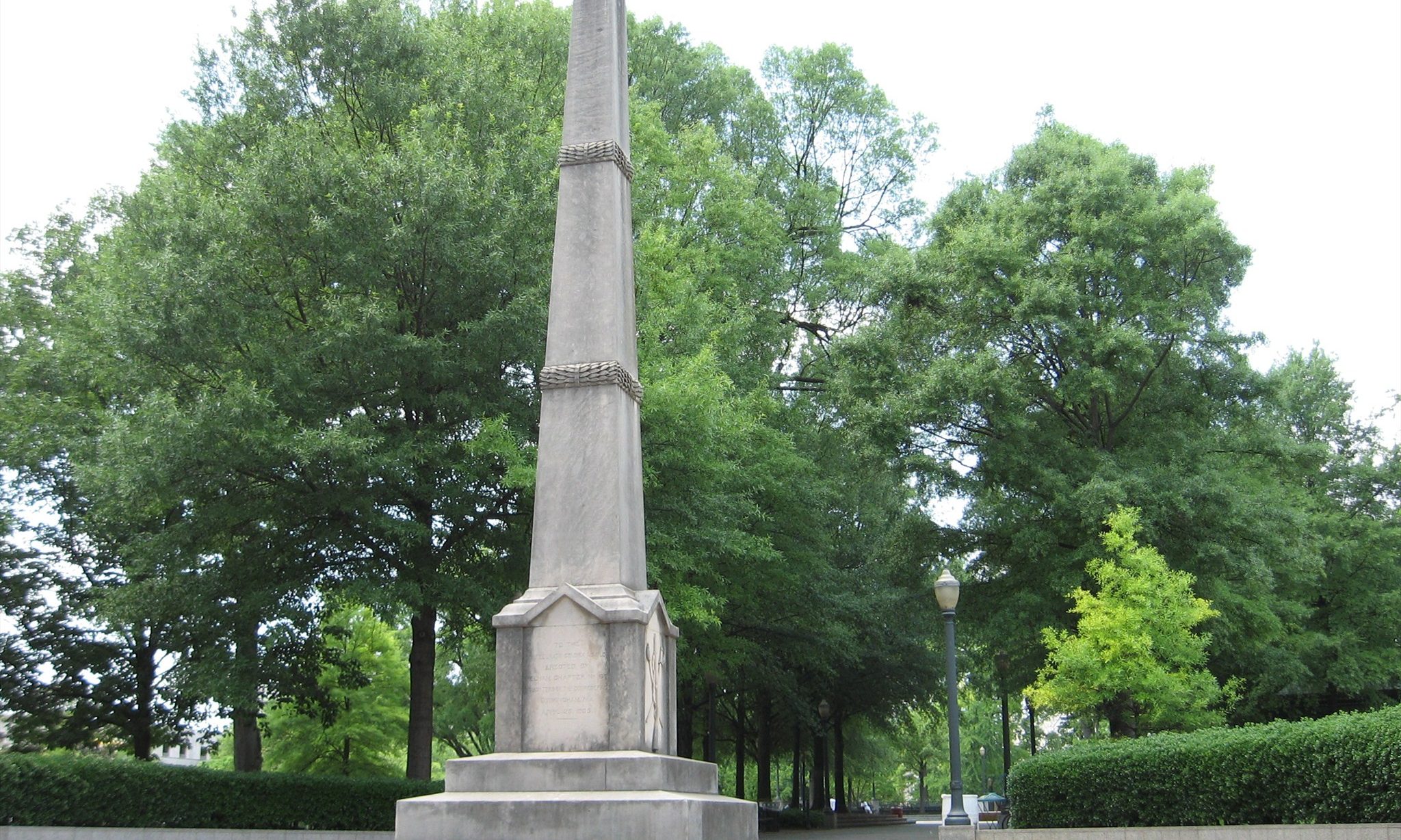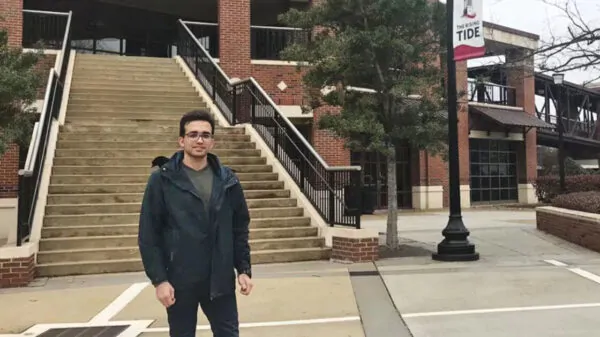Wednesday, the Alabama Supreme Court unanimously ruled in favor of the State of Alabama and upheld the state’s Memorial Preservation Act. The state had sued the City of Birmingham after the City had erected a plywood barrier around the monument honoring the soldiers and sailors who fought for the Confederate States of American during the War between the States from 1861 to 1865.
Attorney General Steve Marshall (R) welcomed the decision by overturning a controversial lower court ruling against Alabama’s Memorial Preservation Act of 2017 in a case involving the Confederate Soldiers and Sailors Monument in Linn Park in Birmingham.
“The Alabama Supreme Court reached the correct conclusion today in reversing the Jefferson County Circuit Court decision striking down Alabama’s Memorial Preservation Act,” said AG Marshall. “The Supreme Court’s ruling is a victory for the Alabama law which seeks to protect historical monuments. The City of Birmingham acted unlawfully when it erected barriers to obstruct the view of the 114-year-old Confederate Soldiers and Sailors Monument in Linn Park.”
The Supreme Court also ordered that the City of Birmingham be fined a total of $25,000 for its violation of state law.
“I wish to thank the staff of the Attorney General’s Constitutional Defense Section, including Assistant Attorney General Brad Chynoweth, for their hard work in seeing this case to a successful conclusion,” added Attorney General Marshall.
State Senator Gerald Allen (R-Tuscaloosa) was the sponsor of the Memorial Preservation Act of 2017 and striking down the City of Birmingham’s unconstitutional efforts to obstruct a historical monument.
“Some very important events took place in this state that affect the whole country,” Allen told reporters. “I think that’s important to protect the history not try to white wash it, do away with it, or pretend it never happened but to let it be a great lesson for all Alabamians and this great country as well.”
Confederate history activist Mike Williams said in a statement on social media: “Today, we win another victory. thank you Mack Butler, Gerald Allen and others. We must watch for legislation that dilutes this legislation. I watch prefiles every year.”
The City of Birmingham, which is now majority Black, tried to remove the Confederate Veterans Memorial. The state legislature passed the Alabama Memorial Preservation Act, preventing local governments from removing or destroying historical markers and monuments. A defiant City of Birmingham responded by covering the monument in plywood so that the public can not view it. Jefferson County Circuit Judge Michael Graffeo found in favor of the City. The Alabama Supreme Court ruling overruled the lower court.
The City of Birmingham said that they are “strongly disappointed” with the decision.
“This ruling appears to be less about the rule of law and more about politics,” Rick Journey, director of communications in the office of public information for the city of Birmingham said in a statement.
Journey said that the city was “Carefully reviewing the opinion to determine our next step.”
The 2017 Alabama Memorial Preservation Act prohibits relocating, removing, altering or renaming public buildings, streets and memorials that have been standing for more than 40 years.
The City of Birmingham claimed that this violates their freedom of speech rights. The court ruled that municipalities have no free speech rights.
“To the extent the City defendants argue that the City has an independent right to free speech protected by the Alabama Constitution, we disagree. As we noted above, the City is merely a “political subdivision of the state,” and having been created “by sovereign power in accordance with sovereign will” as expressed by the legislature, the City may exercise “such power, and only such power, as is conferred upon it by law,” the Court wrote in the ruling. “The City cannot assert any substantive Constitutional rights against its creator state.”
The ruling was written by Associate Justice Tommy Bryan.
To read the whole decision here.





















































